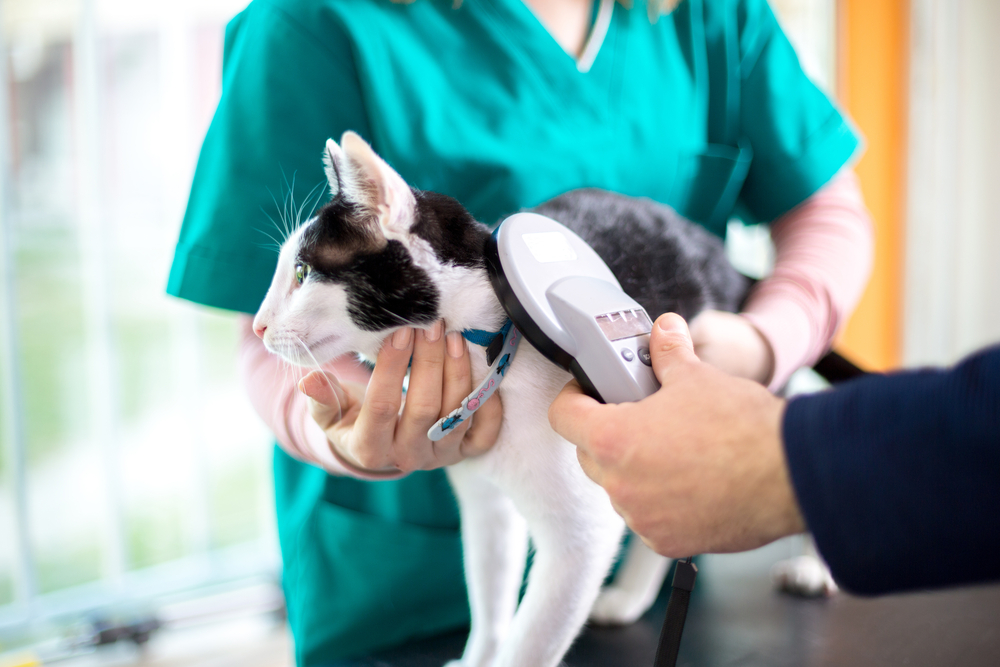

Losing a pet is every owner's worst nightmare. Whether they slip out of the yard, get spooked by loud noises, or wander too far from home, pets can easily become lost. While collars and tags provide some identification, they can break or fall off, leaving your pet without a way to be returned to you. That’s where microchipping comes in—a simple, safe, and effective way to ensure your pet has permanent identification.
What Is a Pet Microchip?
A pet microchip is a small, rice-sized electronic device implanted just under the skin, typically between the shoulder blades. The microchip contains a unique identification number that links to your contact information in a secure database. Unlike GPS trackers, microchips do not require a power source or charging, making them a lifelong solution for identifying lost pets.
How Does the Microchipping Process Work?
The process of microchipping is quick, simple, and relatively painless for pets. Here’s what to expect:
Insertion – A veterinarian uses a sterile applicator to insert the microchip just beneath the skin. The procedure is similar to a routine vaccination and does not require anesthesia.
Scanning the Chip – After placement, a handheld scanner is used to verify that the microchip is functioning and can be detected.
Registration – The unique ID number from the microchip is registered with a pet recovery database, linking it to your contact details. Keeping this information up to date is crucial for successful reunions.
How Do Microchips Help Reunite Lost Pets?
If a lost pet is found and brought to a veterinary clinic or animal shelter, staff can scan for a microchip. The scanner detects the ID number, which is then entered into a pet recovery database to retrieve the owner’s contact information. Because microchips are permanent and do not rely on external tags, they provide a reliable way for lost pets to find their way back home.
You should update your contact information anytime you move or change phone numbers. If your pet’s information is outdated, it may be difficult for someone to contact you if your pet is found.
Why Microchipping Is Essential for Pet Safety
Microchipping greatly increases the chances of a lost pet being reunited with its owner. According to studies, microchipped dogs are twice as likely to be returned home, and microchipped cats are 20 times more likely to be reunited with their families compared to those without microchips.
While collars and tags are still useful, they can break or become unreadable over time. Microchips provide a fail-safe form of identification that will always be with your pet.
Give Your Pet the Protection They Deserve
We believe that every pet deserves the security of a microchip. If your pet isn’t microchipped yet, schedule an appointment with our team today. It’s a quick and affordable way to ensure your furry friend always has a way back home.
Contact Animal Hospital of Whitfield County to learn more or schedule your pet’s microchipping appointment. Visit our office in Dalton, Georgia, or call (706) 226-3710 today.











